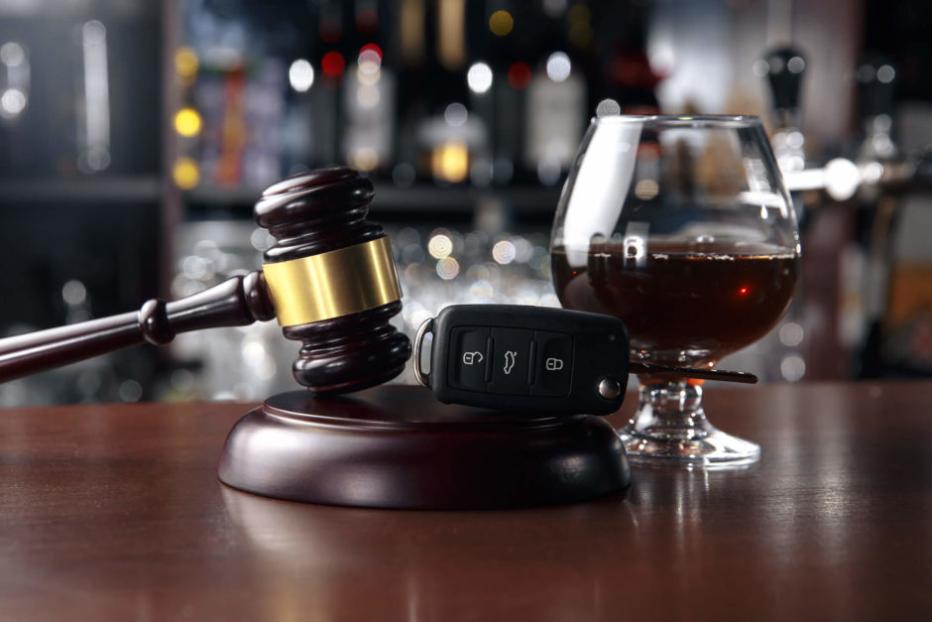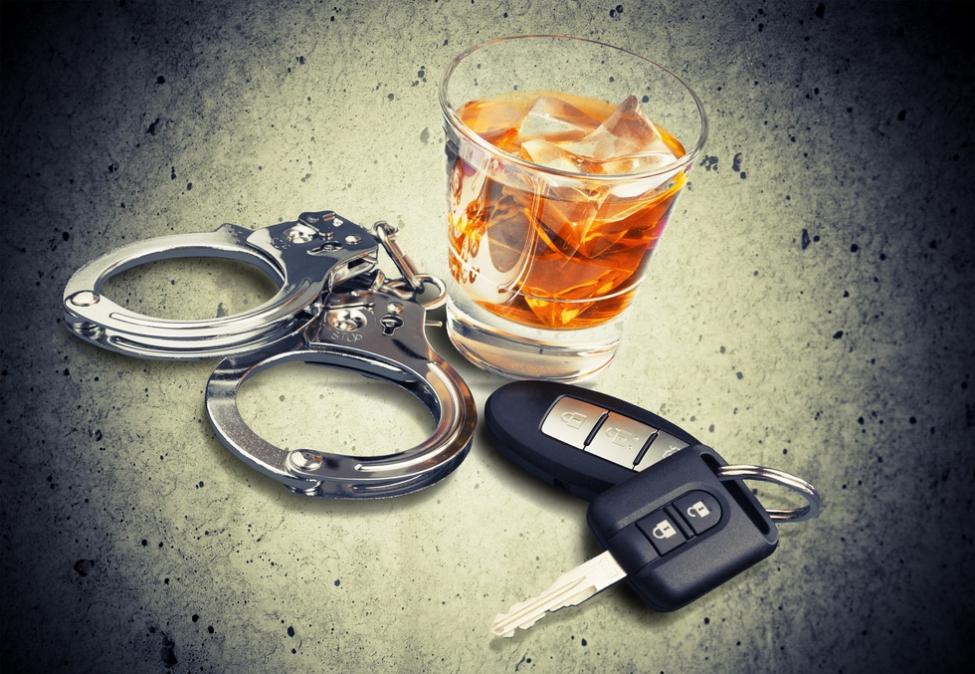How Can I Get My Driver's License Back After a DUI Conviction?
Driving under the influence (DUI) is a serious offense that can have lasting consequences, including the loss of your driver's license. If you have been convicted of a DUI, you may be wondering how you can get your license back. This article will guide you through the steps involved in regaining your driving privileges.

Understanding The DUI Conviction And Its Consequences:
A DUI conviction is a serious matter that can have a significant impact on your life. The legal implications of a DUI conviction can vary depending on the state in which you were convicted, but generally speaking, you can expect to face the following consequences:
- License suspension or revocation
- Fines and fees
- Jail time
- Increased insurance rates
- Employment challenges
Steps To Regain Your Driver's License:
The process for regaining your driver's license after a DUI conviction varies from state to state. However, there are some general steps that you will need to take in order to get your license back.
A. Research State-Specific Requirements:
The first step is to research the specific requirements for license reinstatement in your state. You can find this information by visiting the website of your state's Department of Motor Vehicles (DMV) or by contacting the DMV directly.

Common requirements for license reinstatement after a DUI conviction include:
- Completing a DUI education program
- Installing an ignition interlock device (IID)
- Paying all fines and fees associated with your DUI conviction
- Attending a reinstatement hearing or submitting an application for license reinstatement
B. Complete Required Programs and Evaluations:
Once you know the requirements for license reinstatement in your state, you will need to complete the required programs and evaluations.

DUI education programs are designed to educate you about the dangers of drinking and driving and to help you develop strategies for avoiding future DUI offenses. Substance abuse evaluations are used to assess your risk of alcohol or drug abuse and to determine whether you need treatment.
When choosing a DUI education program or substance abuse evaluation, it is important to make sure that the program is reputable and that it meets the requirements of your state.
C. Pay Fines and Fees:
You will also need to pay all of the fines and fees associated with your DUI conviction. These fines and fees can vary depending on the state in which you were convicted, but they can be substantial.
If you are unable to pay the fines and fees in full, you may be able to work out a payment plan with the court. You may also be able to get financial assistance from a government agency or a non-profit organization.
D. Reinstallment Hearing or Application:
Once you have completed all of the required programs and evaluations and paid all of the fines and fees, you will need to request a reinstatement hearing or submit an application for license reinstatement.
The process for requesting a reinstatement hearing or submitting an application for license reinstatement varies from state to state. In some states, you will need to attend a hearing before a judge or hearing officer. In other states, you can simply submit an application to the DMV.
If you are attending a reinstatement hearing, it is important to be prepared. You should gather all of the necessary documentation, such as proof of completion of your DUI education program and substance abuse evaluation, and you should practice your responses to potential questions.
Additional Considerations:
In addition to the steps outlined above, there are a few other things that you should consider if you are trying to regain your driver's license after a DUI conviction.
A. Ignition Interlock Device (IID):
An ignition interlock device (IID) is a device that is installed in your car that prevents you from starting the engine if you have been drinking alcohol. IIDs are often required for people who have been convicted of multiple DUI offenses or who have a high blood alcohol content (BAC) at the time of their arrest.
If you are required to install an IID, you will need to pay for the installation and maintenance of the device. You will also need to provide breath samples into the IID on a regular basis.
B. Probation or Community Service:
You may also be placed on probation or ordered to complete community service as part of the reinstatement process. If you are placed on probation, you will need to meet with a probation officer on a regular basis and you may be subject to other restrictions, such as a curfew or a ban on alcohol consumption.
If you are ordered to complete community service, you will need to work a certain number of hours for a non-profit organization or government agency. Community service can be a good way to give back to your community and to show the court that you are serious about changing your behavior.
Regaining your driver's license after a DUI conviction can be a challenging process, but it is possible. By following the steps outlined in this article, you can increase your chances of success.
If you have any specific questions or concerns about your situation, it is important to seek legal advice. A DUI attorney can help you understand your rights and options and can represent you in court if necessary.
Remember, learning from your experience and moving forward responsibly is the key to getting your life back on track after a DUI conviction.
YesNo

Leave a Reply